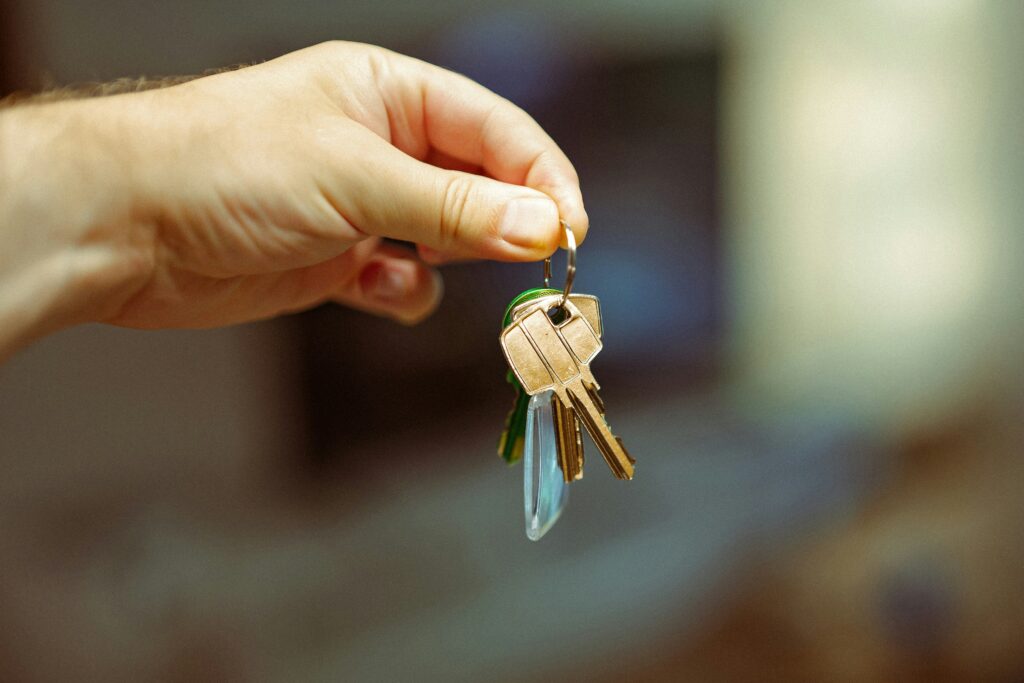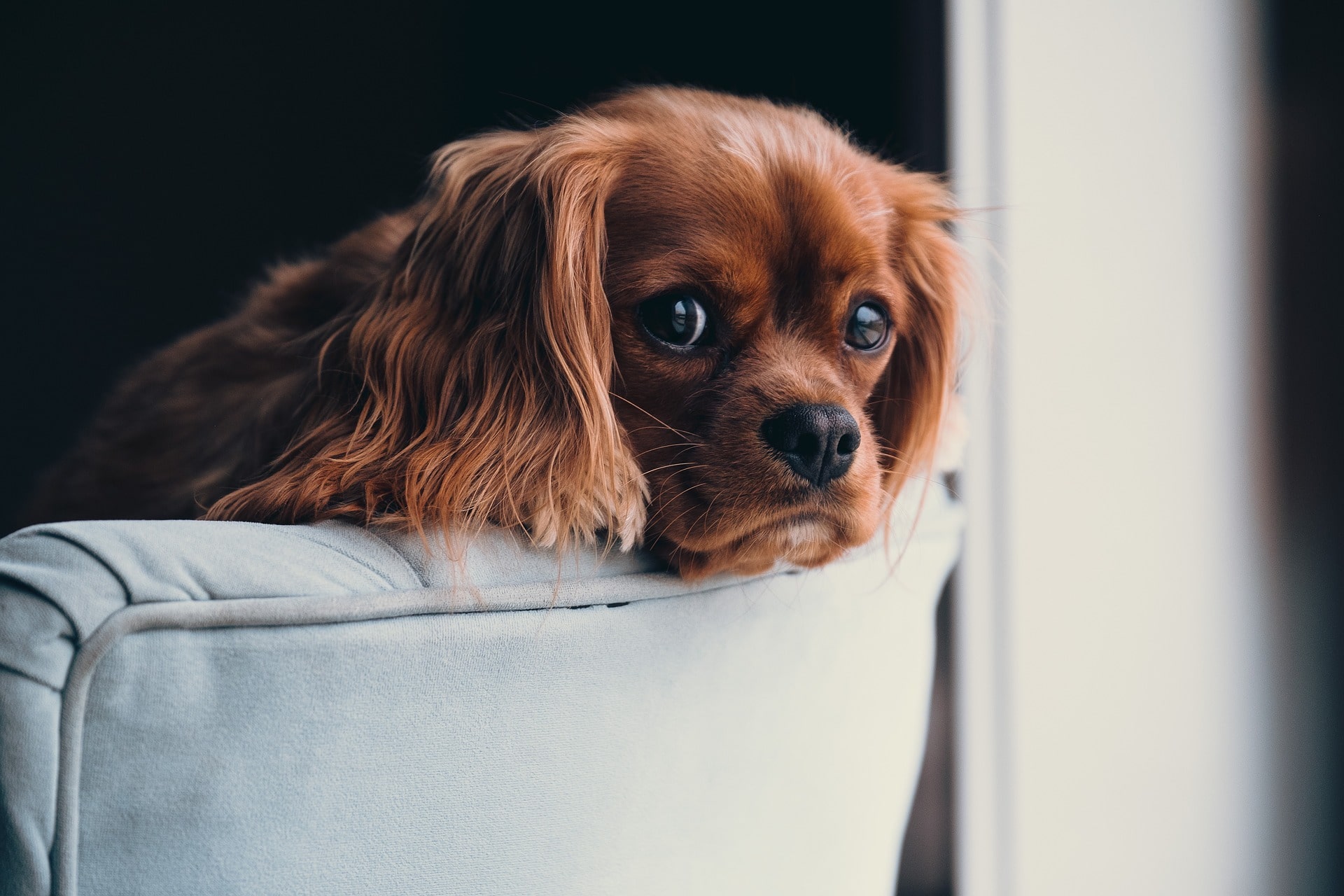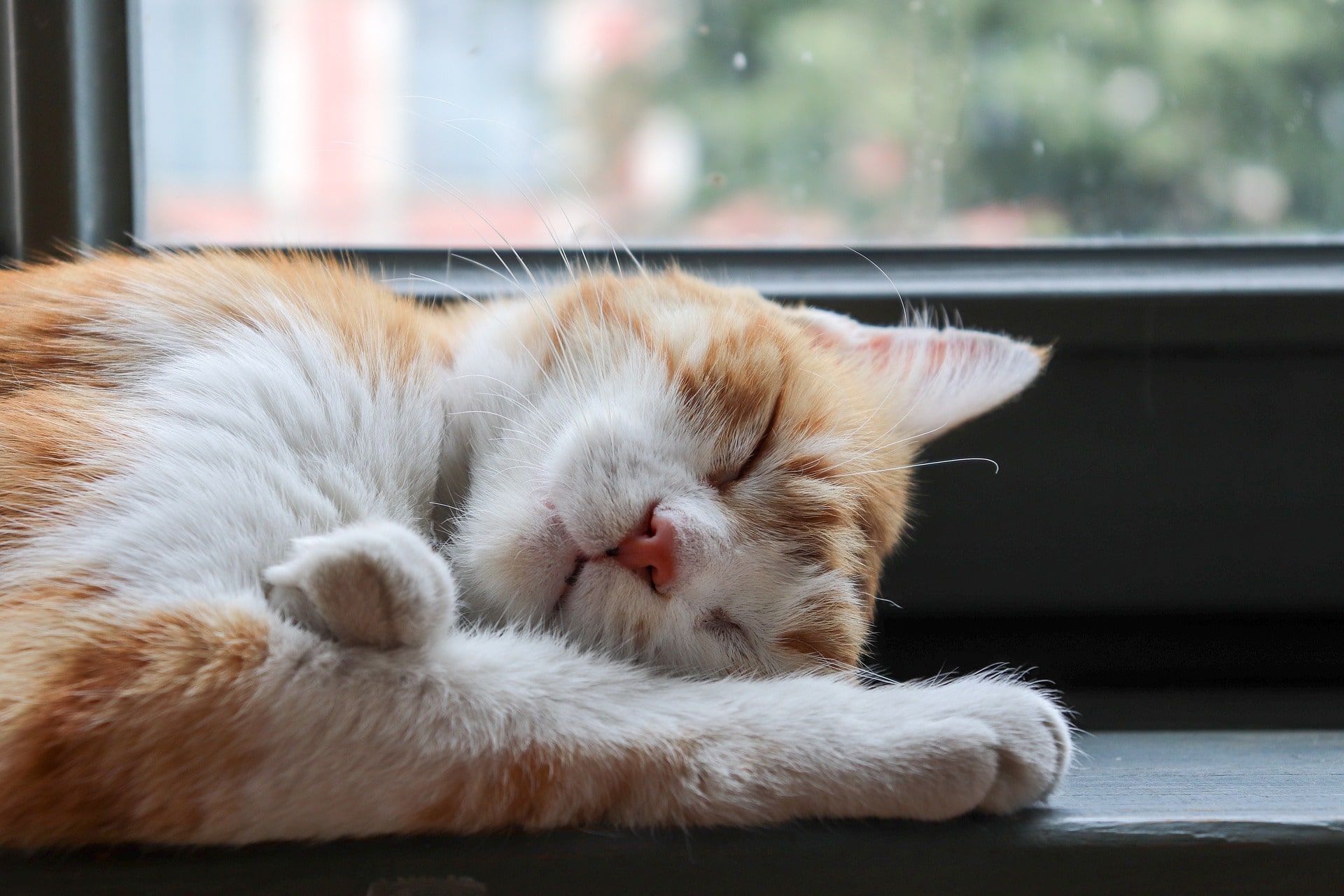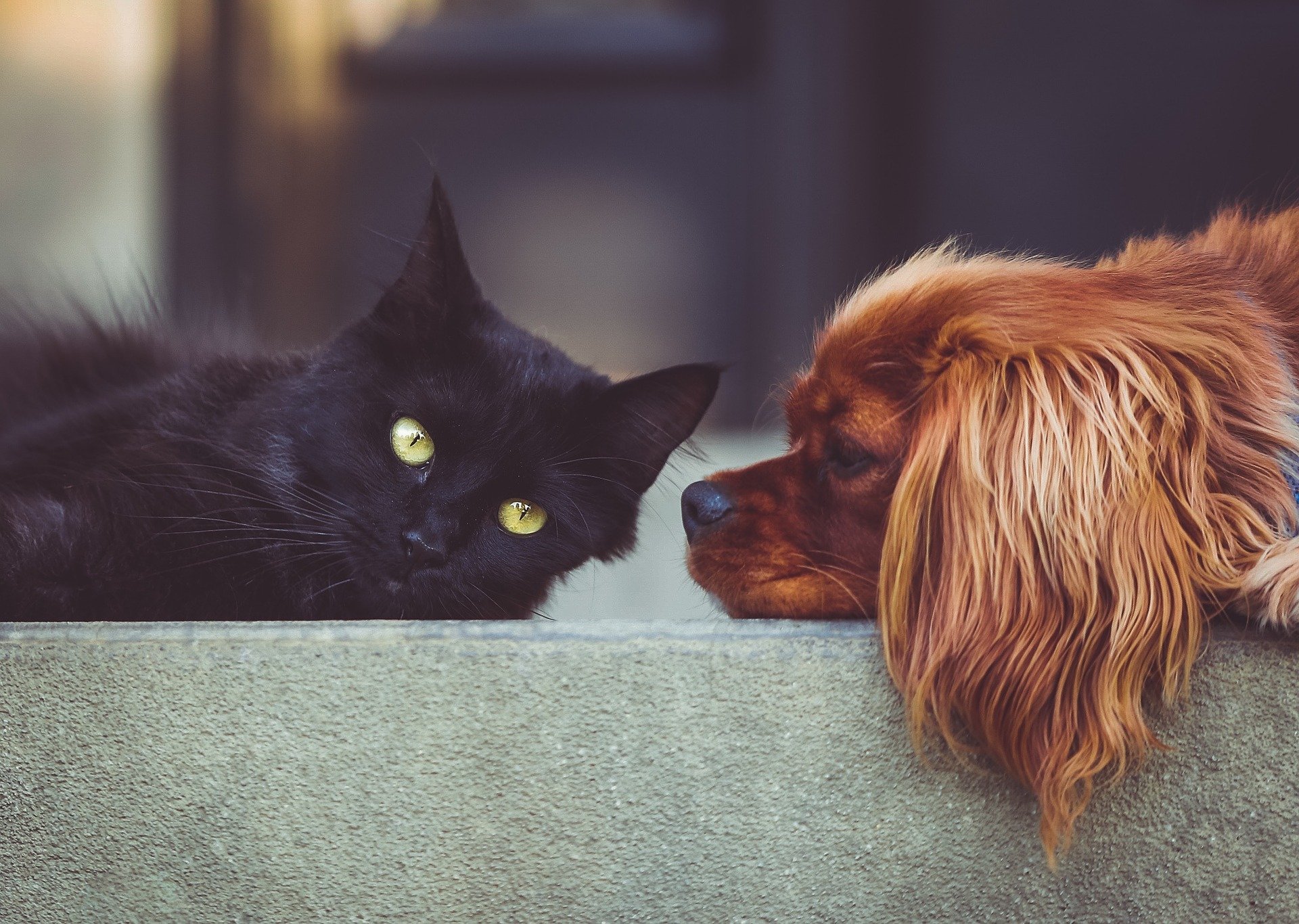 Top tips for moving
Top tips for moving
18/06/2025
Moving home is stressful enough for us humans, and can be even more so for a pet. Cats and dogs in particular get very used to their own territory and to suddenly have everything change is a confusing and disruptive time for them.
Careful planning really helps your pet to make the move to their new home as smooth as possible, with less stress for you and them. Here are some simple tips you can follow.
If you’re in the market for a new home, you’ll want to think about the features and fixtures of your dream property that will make it an ideal place for present (and future) pets to live. When viewing properties, think about:
If you’re a pet owner, outdoor space is one thing you’ll likely need to consider when moving with pets. Maybe a garden is a non-negotiable for both you and your dog? Will your indoor cat be too tempted by an open balcony door? These are all things you’ll want to take into account when choosing your next home.
Moving home isn’t just about your new property; it’s also about what the local area can offer you. For example, a move to Aylesbury would give you access to scenic routes for dog walks, whilst a house in Leighton Buzzard could give you easy transport links to London if you want to take your four-legged friend on an adventurous day out. Understanding what your local area has to offer can also ensure that your pet has access to everything they need to thrive, from easily accessible vets to kennels and catteries. If you’re unsure about what the area you’re interested in has to offer, ask your estate agent for more advice.
It may sound obvious, but when considering your next property, you should think about how your pet/pets will fit into the home’s layout. From small details like where you might put a litter tray to bigger factors like there being enough space for beds, cages or aquariums, these are all things you’ll want to keep in mind when viewing your next property.
Try to arrange for a friend or relative to look after your pet on moving day. If this isn’t possible, you could try a kennel or a cattery. Most kennels and catteries will ask for your pet’s vaccinations to be up to date, so double check with your vets. Make sure you find a cattery or kennel that you like and trust.
If your pet is staying with you on moving day, then try to get on room packed up and empty before the big day. You can then move your pet’s food and water bowls, toys, beds and any litter trays into that room. Let your pet get used to being fed in that room, so they don’t feel strange when they’re shut in there on moving day. With this room being already cleared out, your pet can stay in there and won’t need to be disturbed while the big move goes on.
Invest in a pheromone diffuser for your pet’s room. This can help your pet feel more relaxed during the move, as there will be plenty of bumping and banging going on and strangers around their house. Pheromones are natural scents that are undetectable to humans, but can help keep your pet calm.
Make sure your pet’s ID tag or microchip details are up to date with your new address. If your pets get lost during the move, you’re much more likely to be reunited with them if they’re microchipped.
Make sure that you notify your pet insurance company of your change of address, and also line up a new veterinary practice.

Give yourself plenty of time to drop your pet off to their trusted care-giver if they are not staying with you on moving day; and don’t forget to bring along their home comforts so they feel at ease.
If you are moving your pet rather than booking them into a kennel or cattery try and minimise disruption for them. Keep your pet in a quiet room. Keep the doors to that room shut, and to keep your pet calm, make sure they have their usual bedding, toys, food and water.
Avoid feeding pets close to travelling time, as this could cause travel sickness. Instead, give them small amounts of their usual food throughout the day. This will give them something to do while you’re busy and will be gentler on their tummy if they are feeling anxious. Let them have a fun toy too to keep them busy.
Leave moving your pet until everything else has gone from the house, to minimise the upset. Ideally take your dog for a good walk at this stage to calm them down, then take them to their new home. Make sure they can travel securely, using a doggy seatbelt or secure cat carrier in the car.

When you arrive at your new home, again, have a room available for your pet. Put some of your pet’s toys and bedding into one room along with a piece of clothing that smells of you. It’ll help them feel at home.
Moving day will be really busy for you but do spend some time with your pet to help them settle into their new home. They will need reassurance
Walk your dog around the garden on a lead at first, so they can explore safely and only let them into the garden on their own once it has been secured.
Cats should be kept indoors for a couple of weeks to help them become familiar with their new environment. When your cat eventually ventures out, leave something that smells familiar in the garden (for example, your wellies or garden pots from your old home), so they can recognise where their new home is if they go exploring.
Allow your pet time to relax and become familiar with their new surroundings, and try not to leave them on their own for too long until they are fully settled. A change takes time for animals to adjust to, so don’t scold them if their behaviour is a little unpredictable for a while.

Happy Moving Day! And if you’re looking to buy a property in Aylesbury, we’ve got plenty for you to browse.